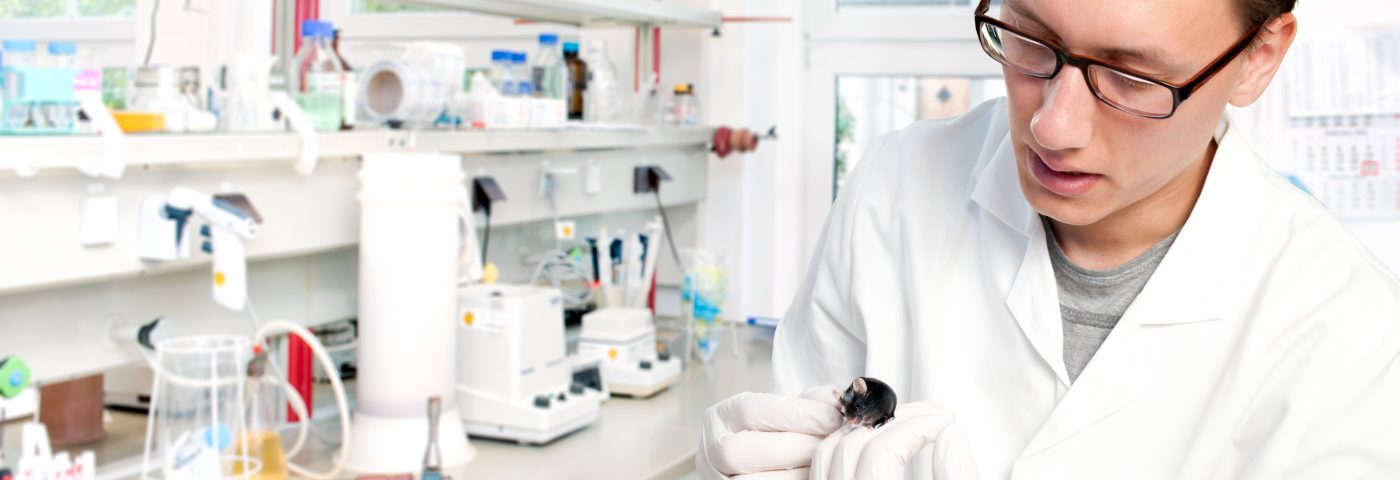A team of researchers from the Center for Regenerative Medicine (CReM) of Boston University and Boston Medical Center (BMC) developed a new treatment approach using lung-targeted gene therapy, which may lead to improved treatments for patients with inherited diseases, including emphysema.
The study, “Multilineage transduction of resident lung cells in vivo by AAV2/8 for α1-antitrypsin gene therapy,” was published in the journal Molecular Therapy – Methods & Clinical Development.
Alpha-1-antitrypsin deficiency (AATD) is an inherited disease and the most common genetic cause of emphysema. AATD affects around 80 people per 100,000 in the United States.
The most common form of the disease is caused by the homozygous inheritance of a single base pair mutation (Lys342Glu), which leads to the production of a misfolded protein in hepatocytes, the cell type most responsible for α1-antitrypsin (AAT) production.
Augmentation therapy, which is the periodic intravenous infusion of normal human AAT protein to restore circulating AAT levels, is currently the standard treatment for patients affected with severe lung damage. But lifelong augmentation therapy is an inconvenient, invasive, and costly treatment approach.
Delivery of the normal AAT gene via gene therapy is one alternative to fight AATD-related progressive lung damage. Many cell types are capable of AAT production, providing researchers with a number of possible target tissues for gene delivery.
In the new study, researchers used an experimental model to examine whether gene therapy directly targeting the lungs could be a promising strategy for AATD treatment. In their experiments, the team delivered a copy of the normal gene to cells in the lung and discovered that the amended gene persisted in the lung cells for at least one year.
Researchers also found that multiple lung cell types, and also liver cells, were affected by these changes, and that once the normal gene was incorporated into the DNA, there was a normal production of the AAT protein in amounts sufficient to reduce lung disease severity.
“These results support direct transgene delivery to the lung as a potential alternative approach to achieve the goal of developing a gene therapy for AATD,” said corresponding author Andrew Wilson, M.D., assistant professor of medicine at Boston University School of Medicine and a physician in the Department of Pulmonary, Allergy, Sleep & Critical Care Medicine at BMC, according to a news release.

